Protests flare across US over police killing of African Americans
Mass protests over police killings of African Americans have spread to cities across the US, hours after the white Minneapolis police officer who pressed his knee into George Floyd’s neck as he begged for air was arrested and charged with murder.
Large demonstrations were held on Friday in cities including New York, Atlanta, Detroit, Denver, Houston and Washington, DC, amid widespread anger over the death of Floyd and other black Americans by he hands of police.
Thousands of protesters stormed the perimeter of Barclays Center in the New York City borough of Brooklyn. Police made scores of arrests at the massive demonstration, loading cuffed protesters onto city buses.
A “We can’t breathe” rally was also held in Manhattan, New York’s wealthiest borough, were demonstrators pressed for legislation outlawing the police “chokehold” practice used by a city police officer in the 2014 death of Eric Garner, who was also black.
There were reports of protestors burning American flags in New York and other cities.
Floyd’s brutal killing has drawn comparisons to Garner’s death after he was held in a chokehold by a white police officer, despite repeatedly telling officers, “I can’t breathe.”
In Washington, DC, a protest outside the White House briefly caused the building to be placed on lockdown. The estimated 2,000 protesters moved along to the Trump International Hotel and demonstrated there.
Some protesters said President Donald Trump’s tweet calling Minneapolis protesters thugs fanned the flames. “We are human beings that want justice for our people,” said Anzhane Laine.
A group of demonstrators burned a US flag in Los Angeles, California. In a video on social media, a demonstrator is seen holding the flag as another man sets it on fire.
Demonstration in Atlanta, Georgia’s largest city, turned chaotic and at times violent. Fires were burning in downtown Atlanta near the CNN headquarters.Protesters also torched an American flag outside the CNN building and broke the glass near the entrance of the center.
Hundreds in Detroit joined a “March Against Police Brutality.” Many chanted, “No justice, no peace.” Some carried signs that read, “End police brutality” and “I won’t stop yelling until everyone can breathe.”
Denver saw a second day of protests on Thursday night after hundreds marched peacefully through its downtown demanding justice for Floyd. Denver police fired tear gas and rubber bullets to disperse crowds after parked cars were vandalized. There were 13 arrests related to the protests.
Hundreds of protestors gathered on Friday in Houston, Texas. The crowd chanted “I can’t breathe,” and “No justice, no peace.”
Thousands of protesters marched for a fourth night on Friday through downtown Minneapolis, Minnesota’s largest city, defying an 8 pm curfew imposed by the mayor to try to stem the rallies.
About 500 demonstrators clashed Friday evening with riot police outside the burned Third Precinct police station that protesters had set on fire the previous night.
The renewed protests come the same day Officer Derek Chauvin, 44, was charged with third-degree murder and second-degree manslaughter.
Officials had hoped Chauvin’s arrest would calm public anger and prevent continued civil unrest.
Minneapolis community organizer Mike Griffin said the protests reflected years of frustration over economic inequalities and the feeling that black lives were not valued as highly by police.
He said anger has been building since the 2015 fatal shooting by Minneapolis police of 24-year-old Jamar Clark, and the 2016 killing of Philando Castile, a 32-year old black man shot by Minnesota police during a traffic stop.
Minnesota Governor Tim Walz declared a state of emergency on Thursday and called in the state’s National Guard.
Floyd, 46, was arrested for allegedly using counterfeit money at a store to buy cigarettes on Monday evening.
Chauvin had his knee on Floyd’s neck for 8 minutes and 46 seconds, according to an autopsy report. Medical examiners found the combined impact of being restrained by police, underlying health conditions and any potential intoxicants in his system likely contributed to his death.
Chauvin, 44, was charged with third-degree murder and second-degree manslaughter. He faces up to 25 years in prison if convicted.
A police precinct was burning in Minneapolis late Thursday as protests over the death of George Floyd raged on for a third straight day.
Police-involved shootings and killings of unarmed black men in the hands of white police officers have led to mass protests across the US in recent years and the formation of the Black Lives Matter movement.
Israel launches air strikes on Syria-Lebanon border crossing
Russia: Comprehensive deal with Iran will include defense, security ties
VIDEO | Israeli embassy shooting in Jordan leaves gunman dead, 3 police injured
VIDEO | Paris march in support of Palestine women
VIDEO | ICC issues arrest warrants for Israeli prime minister, ousted regime war minister
120 Palestinians perish as Israeli war machine keeps ravaging Gaza
VIDEO | Struggles of Palestinian women amidst war, displacement
VIDEO | Hezbollah rains attack drones down on elite Israeli brigade



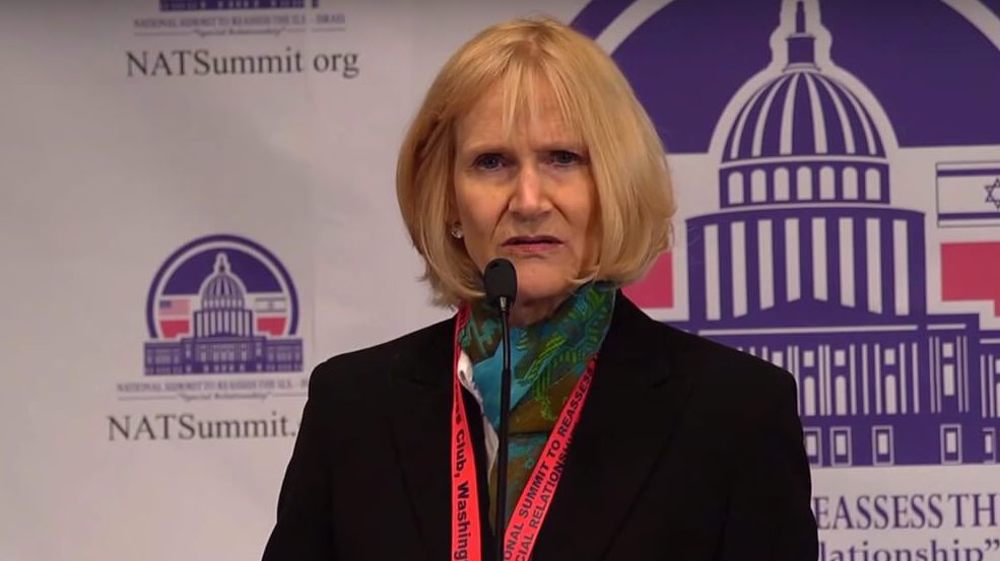
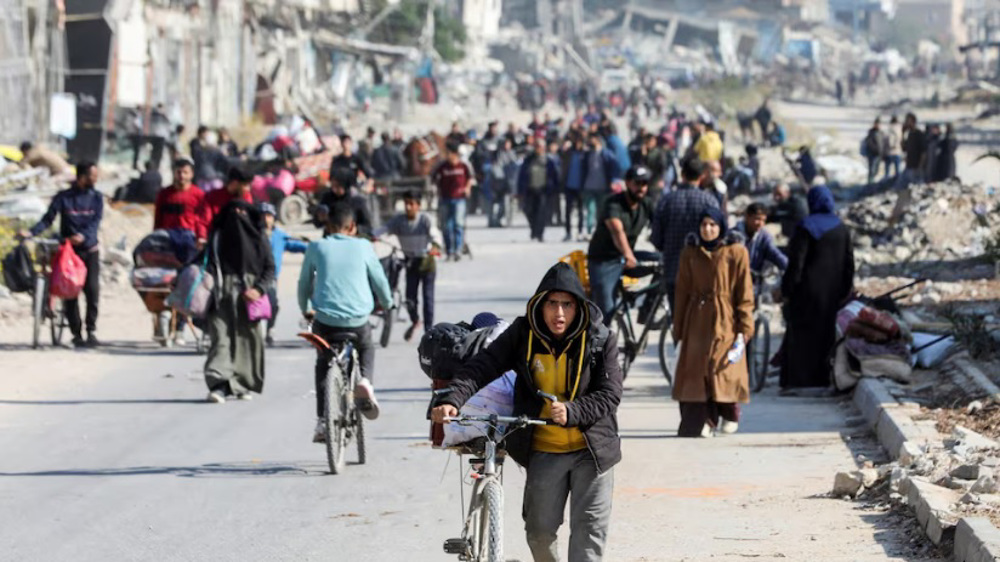
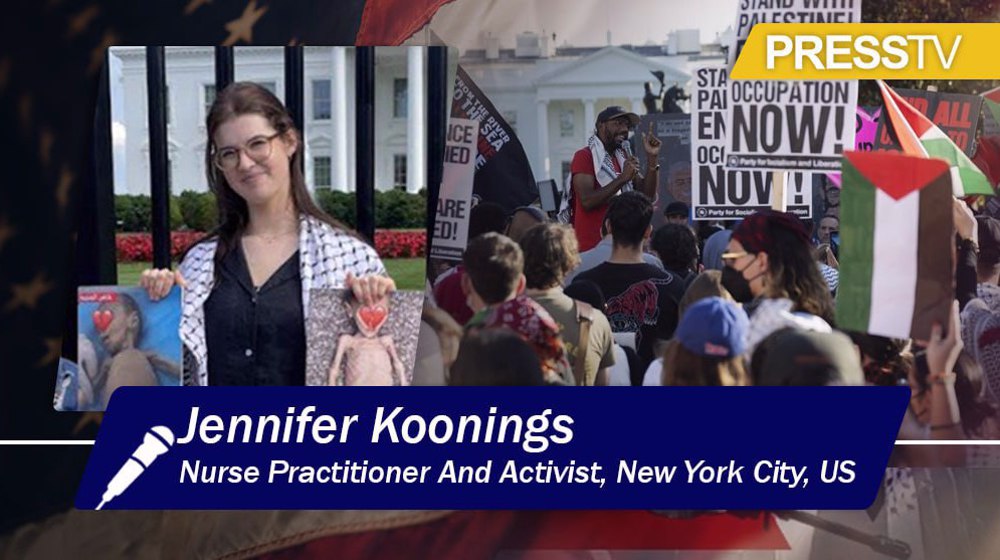



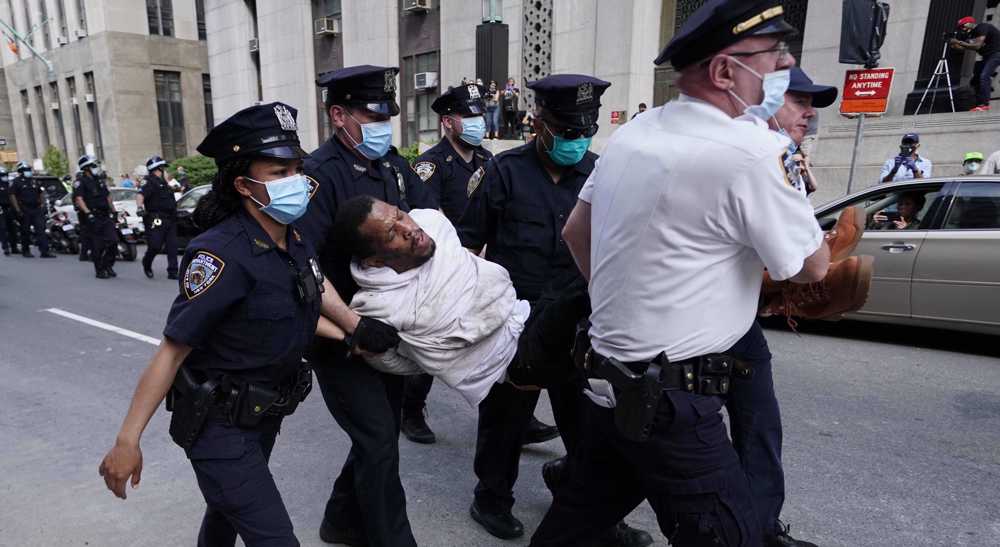
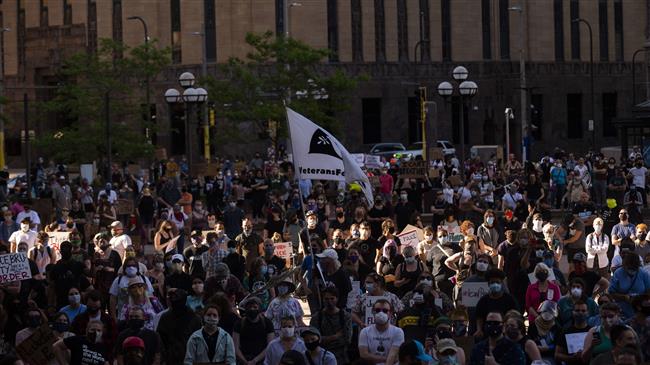
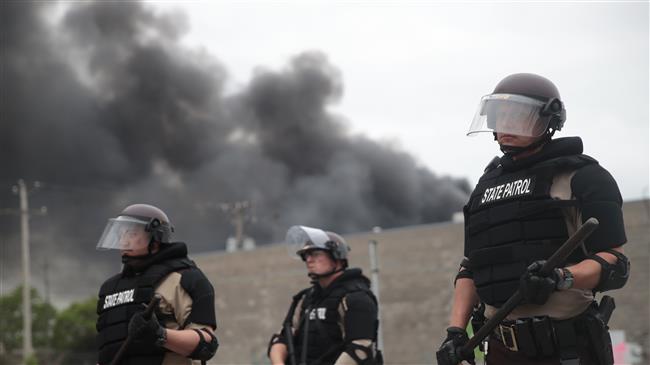
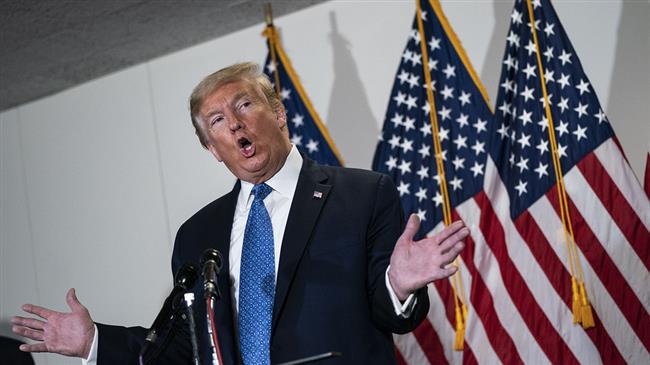
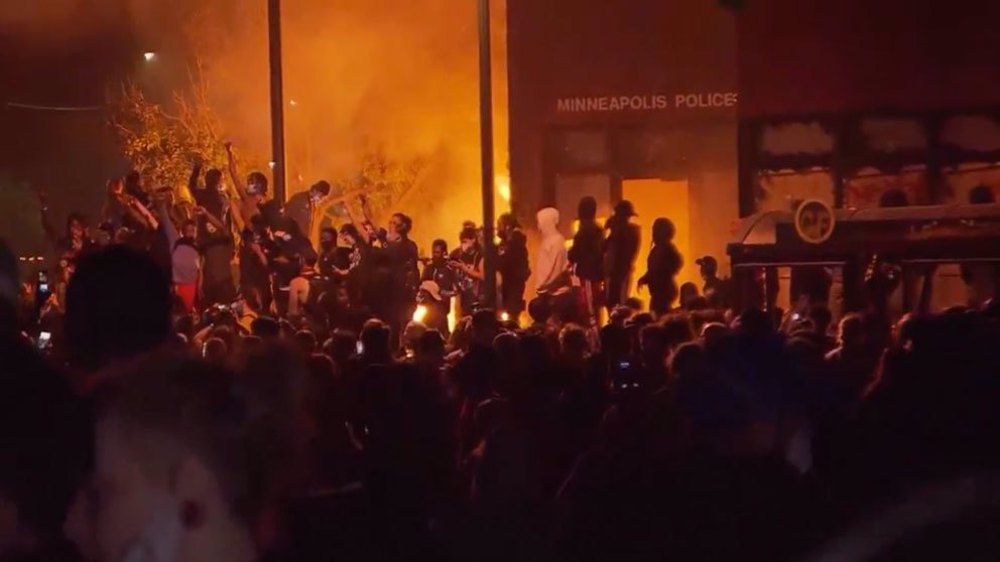
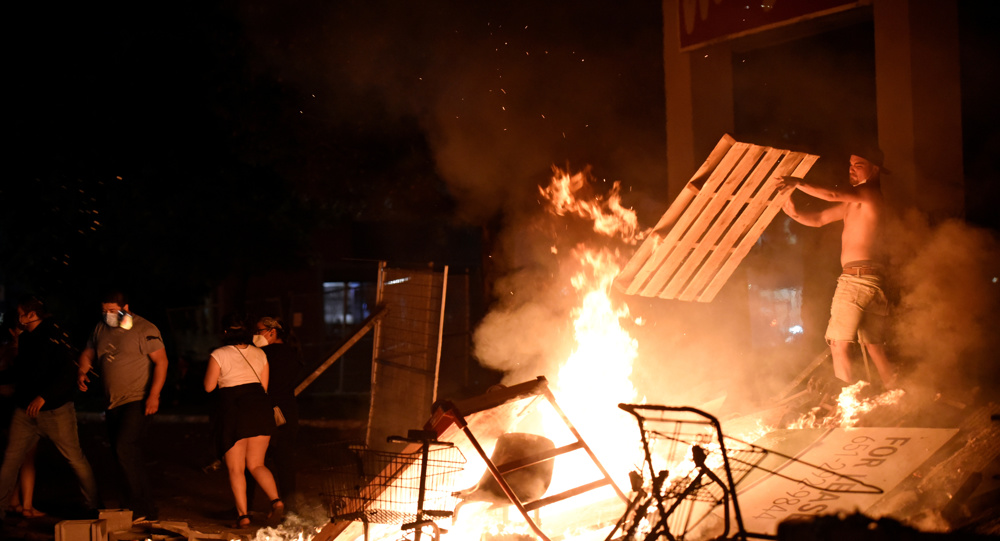
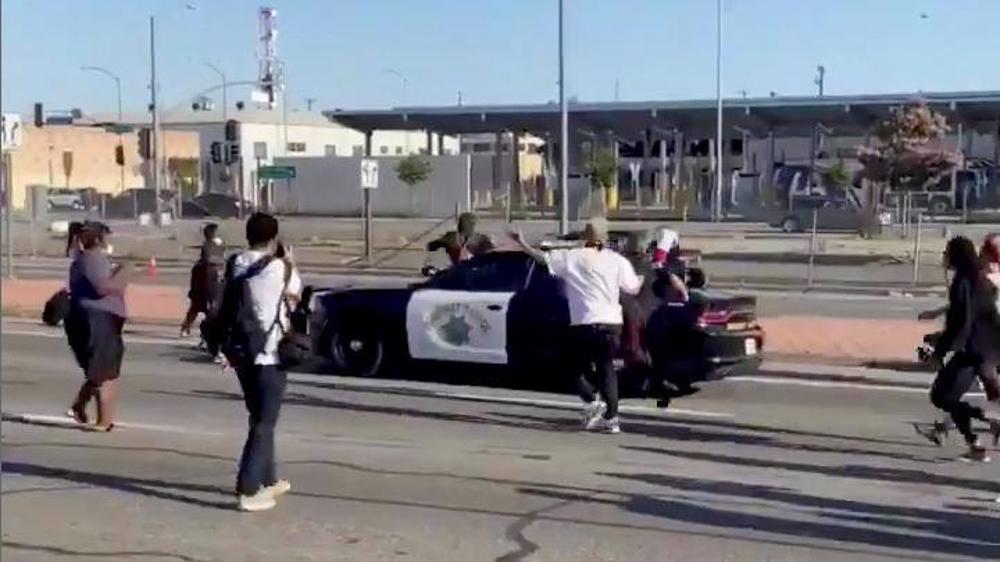

 This makes it easy to access the Press TV website
This makes it easy to access the Press TV website